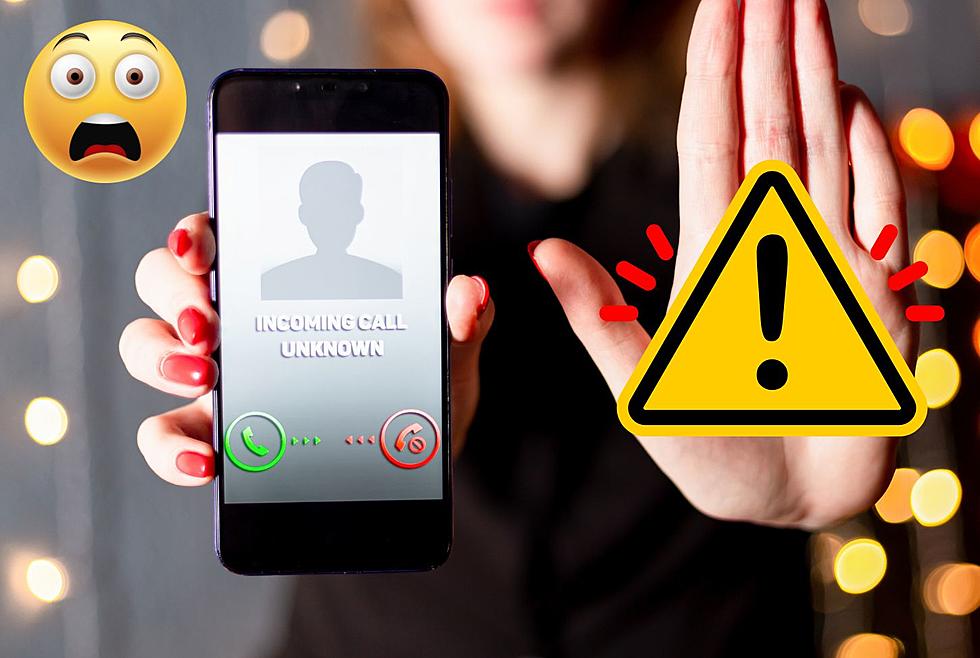
Tennessee Never Answer Your Phone When These Dangerous Numbers Call
Everyone knows someone who has to answer the phone every single time it rings and doesn't grasp the concept that there are bad people out there trying to take advantage of people just like them. They're probably the same person who will call back any missed calls without considering who might be on the other end.
Screening Your Calls Could Save Yourself
It's always a good idea to let numbers we don't know or recognize go to a voicemail because if It truly is important, they'll leave a detailed voicemail of why they should talk to you. Doing so might save you from all sorts of scams.
Some Scammers' Jobs Aren't To Get You To Answer The Phone, It's To Get A Call Back
As mentioned before, there are those in our lives who have to always answer their phone no matter what, and if they don't get the call before it stops ringing, they'll immediately call back to the number regardless of a voicemail. That right there, is how scammers can get you.
In some cases, it's called the One-Ring Scam, and it rings exactly as the name of the scam implies. Their hope is that you call back right away.
FCC.gov explains it perfectly:
One-ring calls may appear to be from phone numbers somewhere in the United States, including three initial digits that resemble U.S. area codes. But savvy scammers often use international numbers from regions that also begin with three-digit codes – for example, "232" goes to Sierra Leone and "809" goes to the Dominican Republic.
Scammers may also use spoofing techniques to further mask the number in your caller ID display.
If you call back, you risk being connected to a phone number outside the U.S. As a result, you may wind up being charged a fee for connecting, along with significant per-minute fees for as long as they can keep you on the phone. These charges may show up on your bill as premium services, international calling, or toll-calling.
Here Are The Area Codes That Tennessee Residents Should Avoid Calling Back Because Of The Danger You'll Be Scammed
These calls can result in you spending hundreds of dollars on overage fees.
It's not just an easy one or two area codes you have to avoid, there are several, according to SocialCatfish.
- 268 Area Code: This area code is for Antigua and Barbuda, but scammers have extensively targeted the U.S. for scams.
- 284 Area Code: This area code is for the British Virgin Islands.
- 473 Area Code: Grenada and Carriacou are home to many of these scams calls.
- 649 Area Code: This area code calls Turks and Caicos Islands.
- 876 Area Code: Jamaica's area code, used by con artists for work-at-home and lottery scams.
Stay vigilant, and screen your calls so you don't end up losing any of the money you've worked so hard for.
LOOK: The most extreme temperatures in the history of every state
Gallery Credit: Anuradha Varanasi

Here's What Each Walmart Emergency Color Code Means
More From 97X









